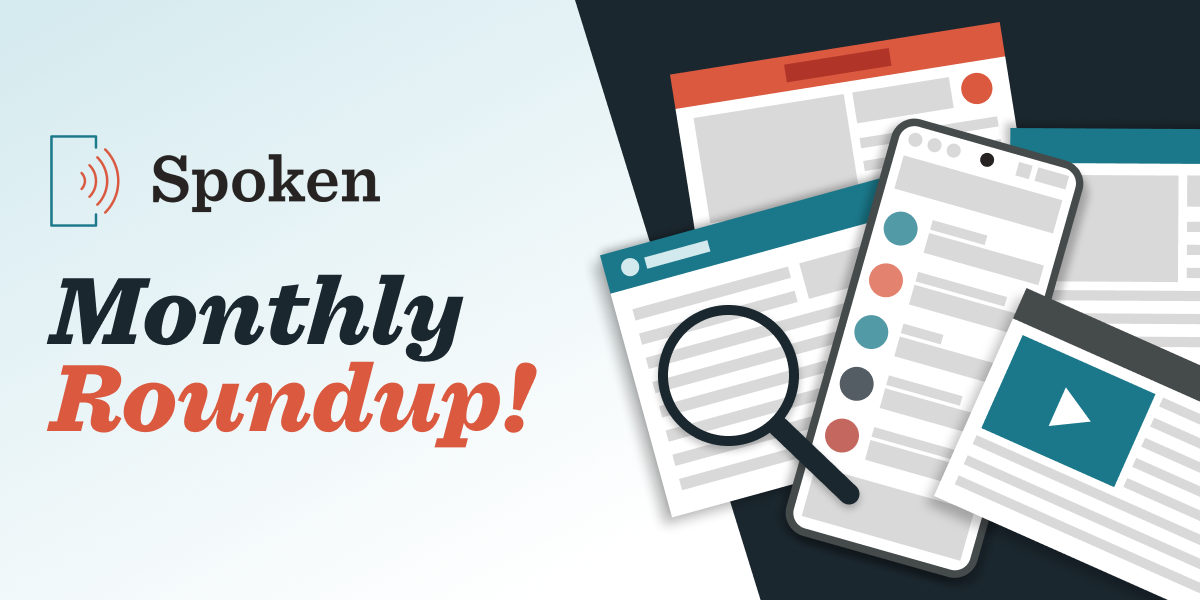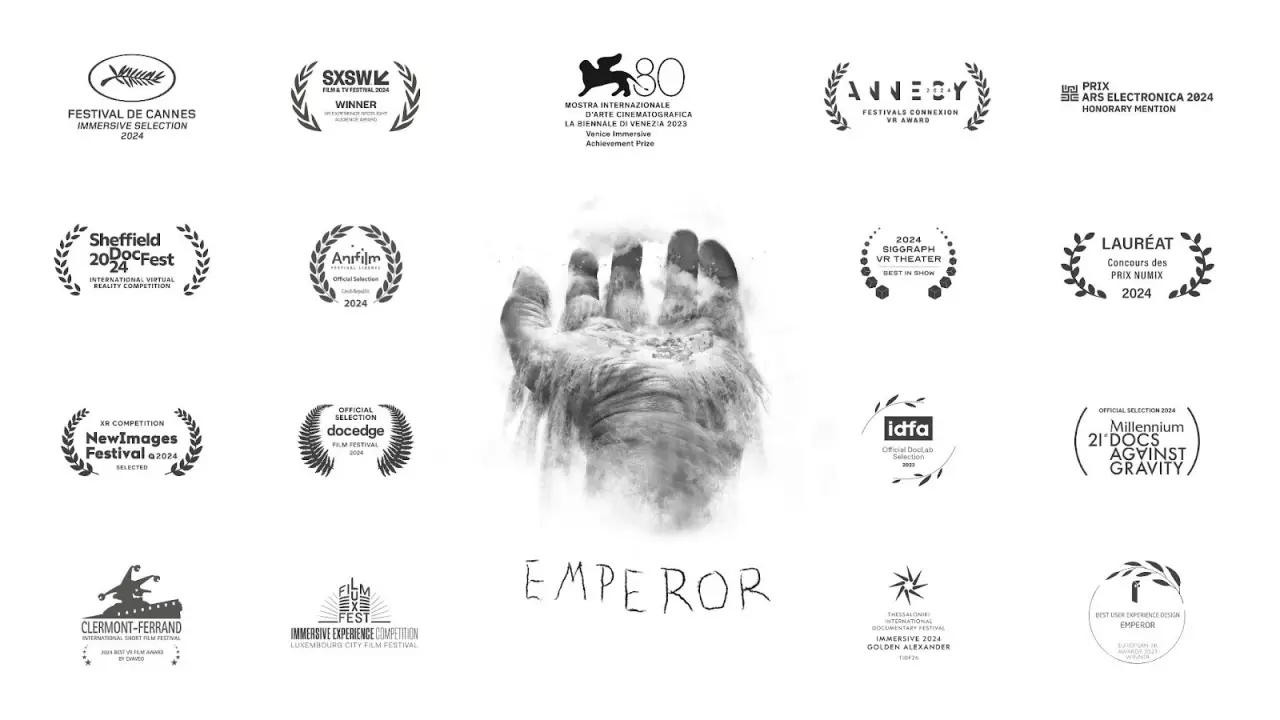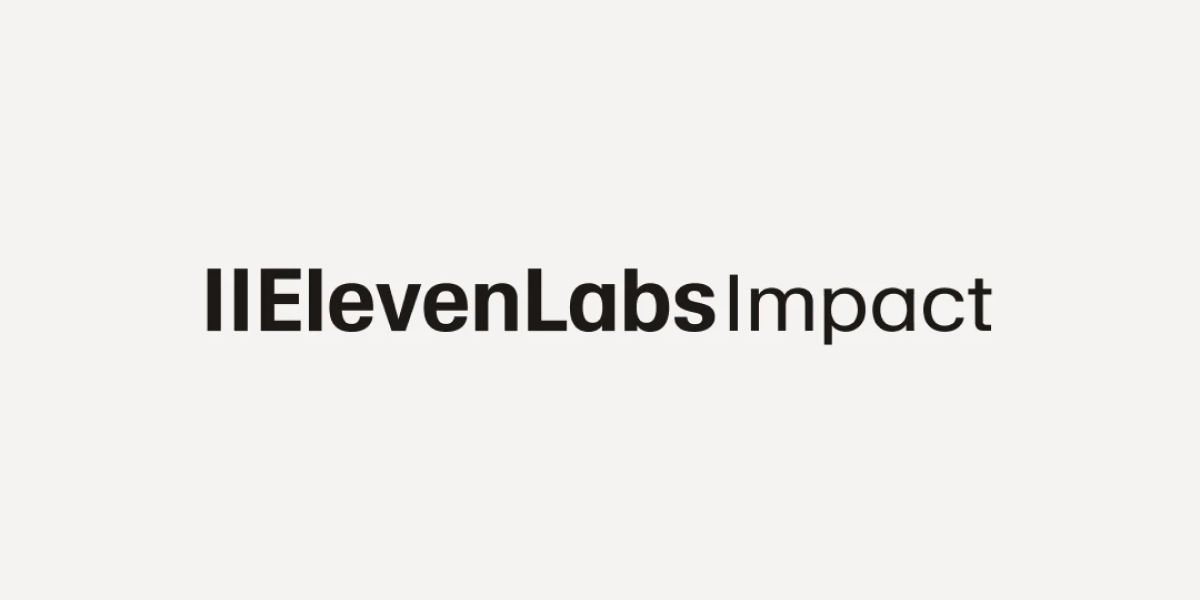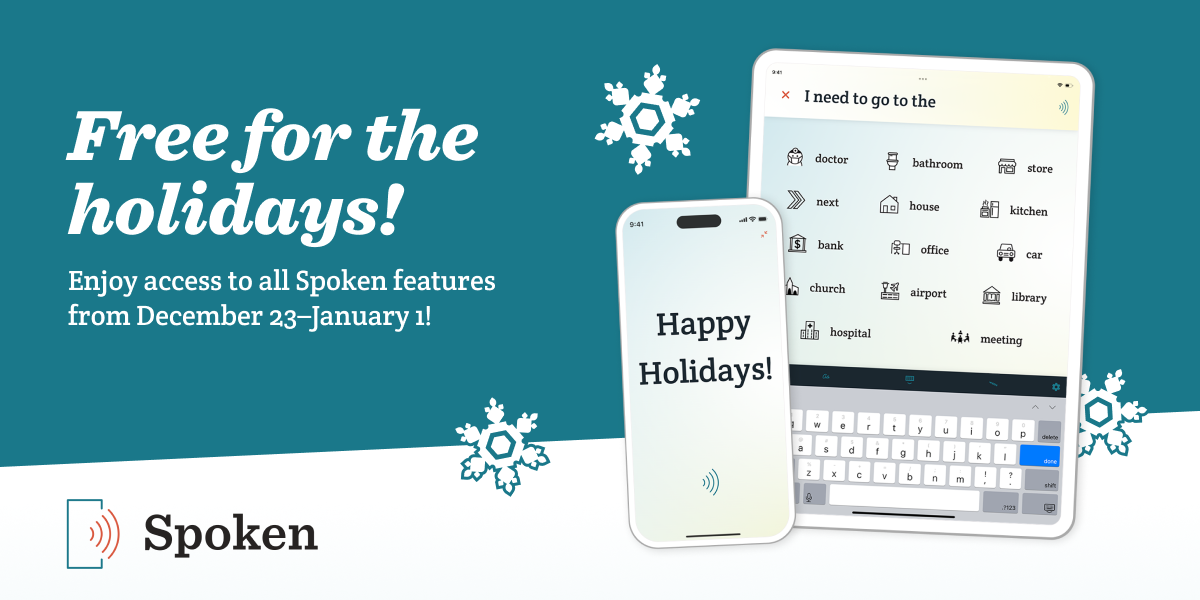Top Stories In Autism, Aphasia, and Alternative Communication (Spoken Roundup #16)

Welcome to Spoken’s content roundup, where we put a spotlight on the top stories and updates related to our field of augmentative and alternative communication (AAC). Whether you’re an AAC user, speech therapist, or just interested in assistive communication, you’re sure to find some of the articles and resources shared below interesting!
Aphasia Awareness
New Virtual Reality Experience Explores Aphasia
Emperor is a new virtual reality (VR) experience inspired by the challenges of a real person struggling with aphasia. Described as “neither a film nor a video game,” Emperor takes you inside the mind of a father struggling to communicate, showcasing his experiences through monochrome visuals.

As you participate in speech therapy-inspired segments and surreal dream sequences, you’ll gain insight into what it’s like to live with aphasia. According to Upload, a news site for all things VR, Emperor provides a deeply human perspective on aphasia that doesn’t reduce the father to a figure of pity. We haven’t experienced it for ourselves at Spoken, but we’re excited to see aphasia gain awareness through new mediums.
Emperor is available for free on the Meta Quest 2 and 3 platforms. You can watch the trailer here.
Autism Advocacy
A Father’s Tattoo Helps His Nonspeaking Autistic Son Communicate
This heartwarming story has been gaining a lot of attention — even making it to the BBC — and it’s easy to see why. A father recently tattooed the alphabet on his arm to help his nonspeaking autistic son communicate. Concerned about the reliability of his son’s AAC device, he decided to create a permanent and always accessible way for them to interact, allowing his son to spell out words by pointing to the letters, even when technology fails. The family has been strong advocates for nonspeaking children, securing funding for communication boards in their community and helping raise awareness about autism and neurodiversity.
Technology and Communication
Introducing the AAC Language Library
There’s an exciting new resource available for anyone seeking augmentative and alternative communication options in languages other than English. AceCentre’s new AAC Language Library is a crowdsourced catalog that offers a comprehensive collection of AAC tools and resources for speakers of languages around the world. This online library is designed to help people find suitable AAC devices and apps tailored to different languages and cultures. By making these resources more accessible, the AAC Language Library will be an incredibly helpful tool for speech therapists, caregivers, and AAC users seeking communication solutions that go beyond English.
Assistive Technology and Intimacy
From AAC devices that help nonverbal individuals communicate their needs to adaptive equipment like wedges and adjustable beds, this article from the Ability Tools blog discusses a variety of technologies that make intimate activities more accessible and inclusive for people with disabilities. It also highlights the importance of communication, consent, and safety, offering tips on how to use these tools to create a more fulfilling experience.
Make sure to check out the previous roundup for more stories!
About Spoken
Spoken is an app that helps people with aphasia, nonverbal autism, and other speech and language disorders.


